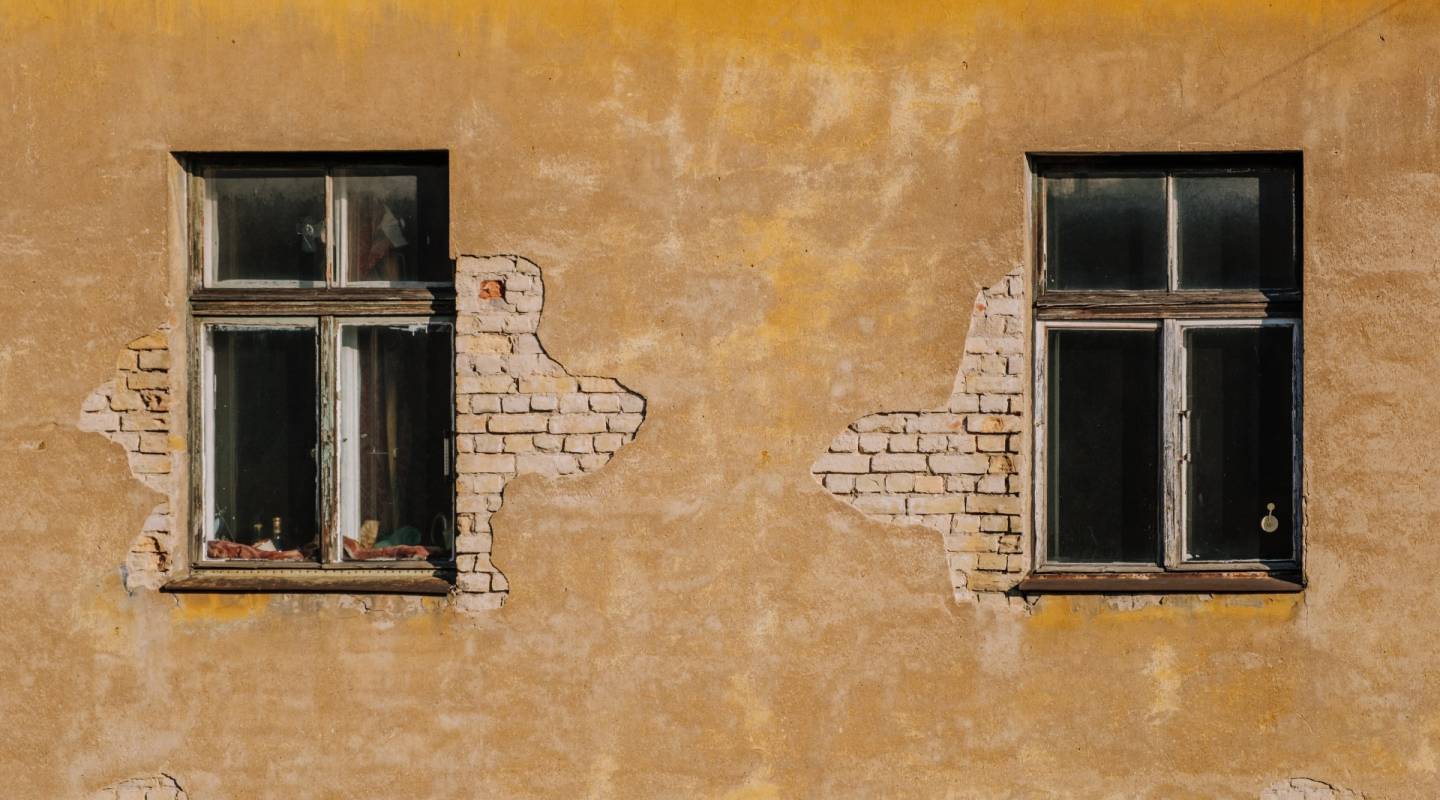MB. This process can be widespread or translatable on a large scale, as was the case in Rwanda and South Africa, with the creation of reconciliation committees. In the context of a conflict on a national scale, restorative justice opens a space for dialogue that enables the different sides to re-learn how to live side by side. Matters cannot always be settled on a case-by-case basis, as in criminal justice.
Individual accountability is a broader concept in Canada, where the families of the two parties are involved. This outlook draws its inspiration from the indigenous peoples of Canada but also from the Maori, who do not perceive justice as a personal matter binding together two individuals, but as the consequence of a community-level shortcoming. If the social fabric is torn, everyone must ask themselves why and then how the group as a whole can contribute to the reparation process.
In France, restorative justice is not an alternative to prison. Nevertheless, I am not convinced that incarceration gives the individual the occasion to modify his behaviour. Restorative justice lets one envisage the possibility of sorting oneself out.
I am certain that this system, through the active participation of the two speakers and the accountability of the assailant faced with the consequences of his actions, makes it possible to modify human behaviour.
A conversation between assailants and victims is essential to understand coexistence. The question of crime or offenses is not directed only at the two parties, but at society in general. That is to say, what is society to do?

